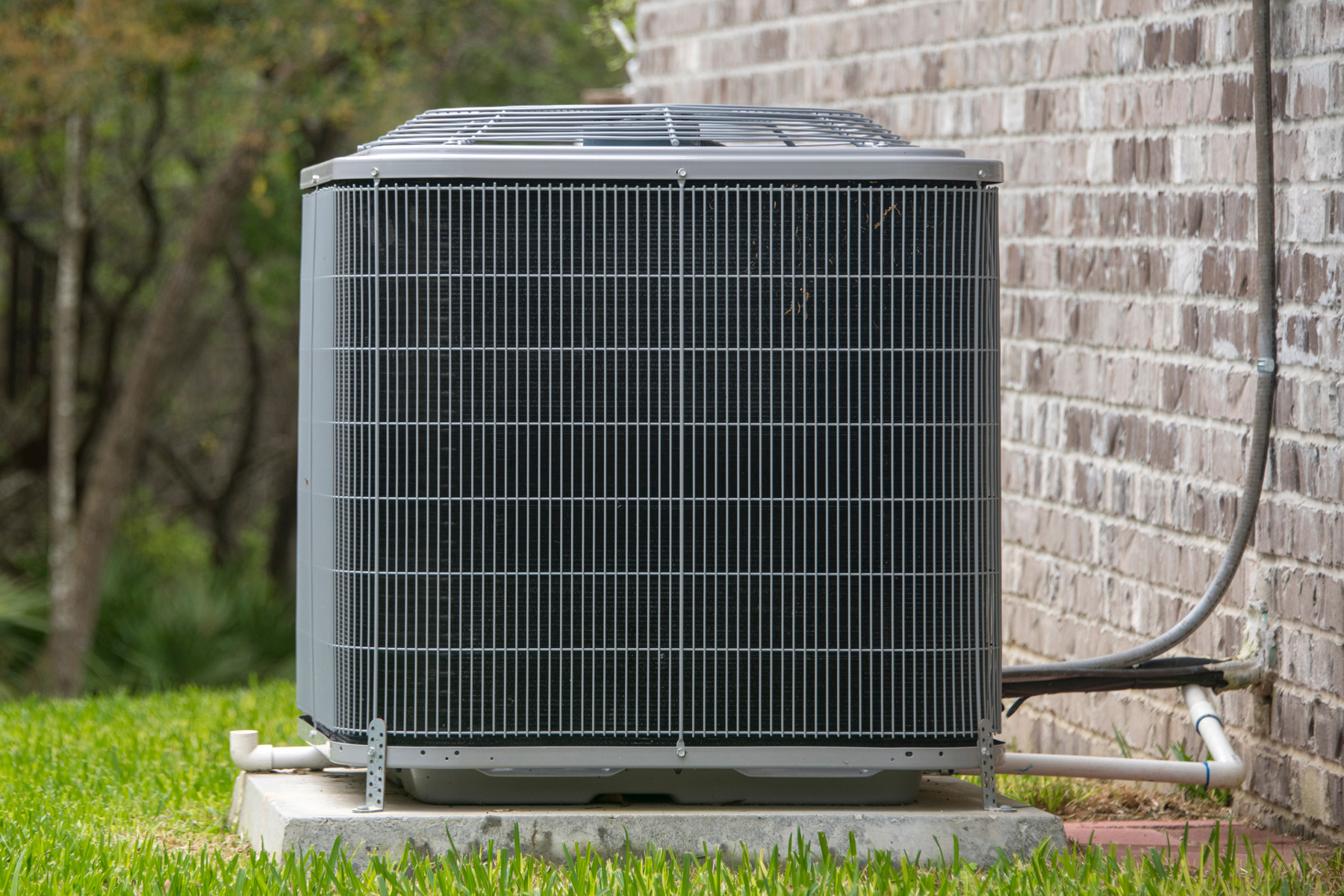

Articles
How Much Does An AC Condenser Cost
Modified: December 6, 2023
Looking for articles on how much an AC condenser costs? Find out the average price and factors that influence the cost in this informative guide.
(Many of the links in this article redirect to a specific reviewed product. Your purchase of these products through affiliate links helps to generate commission for Storables.com, at no extra cost. Learn more)
Introduction
The air conditioning (AC) condenser plays a vital role in the cooling process of a central air conditioning system. It is responsible for removing heat from the indoor air and transferring it outside, allowing the system to effectively cool your home or office. However, just like any other component of an AC system, the condenser can experience wear and tear over time, requiring replacement.
When the time comes to replace your AC condenser, one of the factors you will need to consider is the cost. The cost of an AC condenser can vary depending on various factors, including the type of condenser, brand, features, and installation requirements. In this article, we will explore the different factors that can affect the cost of an AC condenser and provide an average cost range for these units.
Understanding the factors that influence the cost of an AC condenser can help you make an informed decision when it comes to purchasing a new unit. Whether you are a homeowner looking to upgrade your cooling system or a business owner in need of a commercial AC solution, having a clear understanding of the costs involved can help you budget accordingly.
Key Takeaways:
- Investing in a high-quality and energy-efficient AC condenser can lead to long-term cost savings, enhanced comfort, and improved air quality for your home or office.
- Consider factors such as cooling capacity, energy efficiency, and brand reliability when purchasing an AC condenser. Consulting with HVAC professionals can provide valuable guidance for making the right choice.
Read more: How Much Does An AC Cost To Run
Factors Affecting the Cost of AC Condensers
Several factors can influence the cost of an AC condenser. By understanding these factors, you can better evaluate the expenses associated with purchasing and installing a new unit. Here are some key factors that can affect the cost of AC condensers:
- Type of AC Condenser: There are different types of AC condensers available, including split system condensers, packaged condensers, and ductless mini-split condensers. Each type comes with its own set of features and installation requirements, which can impact the cost.
- Brand: The brand of the AC condenser can also affect the price. Well-known and reputable brands may come with a higher price tag, as they often provide superior quality and performance.
- Size and Cooling Capacity: The size and cooling capacity of the AC condenser play a significant role in determining its cost. Larger condensers with higher cooling capacities are generally more expensive.
- Energy Efficiency: Energy-efficient AC condensers tend to cost more upfront. However, they can save you money in the long run by reducing your energy consumption and lowering your utility bills.
- Additional Features: Some AC condensers come with additional features like advanced filtration systems, built-in smart technology, and noise-reduction capabilities. These added features can increase the cost of the unit.
- Installation Requirements: The complexity of the installation process can also impact the cost of the AC condenser. If additional work, such as ductwork modifications or electrical upgrades, is required, the price may increase.
It is important to consider these factors when evaluating the cost of an AC condenser. While it may be tempting to opt for a lower-priced unit, it is essential to balance cost with quality and long-term efficiency. Investing in a higher-quality and more efficient condenser can potentially save you money on energy bills and future repairs.
Average Cost Range for AC Condensers
The cost of AC condensers can vary widely depending on the factors mentioned earlier. On average, the cost range for AC condensers can fall between $1,500 to $4,500. However, it is important to note that this is just a general price range, and the actual cost can be higher or lower depending on the specific factors involved.
For example, a basic AC condenser without any additional features or advanced technology can cost around $1,500 to $2,500. These units are typically more affordable and may be suitable for smaller homes or budget-conscious individuals.
On the other hand, high-end AC condensers with advanced features like variable-speed compressors, smart technology integration, and advanced filtration systems can cost between $3,000 to $4,500 or more. These units are often more energy-efficient and offer enhanced comfort and air quality benefits.
It’s important to consider that these price ranges typically cover the cost of the condenser unit itself and do not include installation costs. The installation costs can vary depending on the complexity of the installation, the location, and any additional labor or materials required.
Furthermore, it is advisable to consult with HVAC professionals to get accurate cost estimates based on your specific needs and requirements. They can assess your cooling needs, evaluate the existing infrastructure, and provide you with a more accurate cost estimate for both the condenser unit and installation.
Keep in mind that investing in a higher-priced AC condenser with better energy efficiency and advanced features can bring long-term benefits in terms of energy savings, comfort, and durability. It’s essential to balance the upfront cost with the potential long-term savings and benefits when making your purchasing decision.
Different Types of AC Condensers and Their Costs
There are several types of AC condensers available on the market, each designed to suit specific cooling needs and installation requirements. Here are the different types of AC condensers and their estimated costs:
- 1. Split System Condenser: Split system condensers are the most common type of AC condenser and are typically found in residential settings. They consist of an outdoor unit (the condenser) and an indoor unit (the evaporator coil and blower). The average cost of a split system condenser can range from $1,500 to $3,500, depending on factors such as brand, cooling capacity, and energy efficiency.
- 2. Packaged Condenser: Packaged condensers are commonly used in commercial settings, but they can also be suitable for larger homes. They are self-contained units that house both the condenser and the evaporator coil in one unit. The average cost of a packaged condenser ranges from $2,500 to $5,000 or more, depending on the size and features of the unit.
- 3. Ductless Mini-Split Condenser: Ductless mini-split condensers are ideal for spaces where traditional ductwork is not feasible or desirable. They consist of a compact outdoor unit and one or more indoor units mounted on the wall or ceiling. The average cost of a ductless mini-split condenser can range from $1,500 to $4,000, depending on the number of indoor units and their cooling capacity.
- 4. Heat Pump Condenser: Heat pump condensers are a versatile option that can provide both cooling and heating. They work by transferring heat between the indoor and outdoor units, making them energy-efficient. The average cost of a heat pump condenser can range from $2,500 to $6,000 or more, depending on factors such as brand, capacity, and energy efficiency.
It’s important to note that these costs are approximate and can vary based on various factors. Additionally, installation costs are not included in these estimates. The installation costs can depend on factors such as the complexity of the installation, labor fees, and any necessary modifications to the existing infrastructure.
When selecting the type of AC condenser, consider factors such as the size of the space to be cooled, the existing infrastructure, energy efficiency, and your specific cooling needs. Consulting with HVAC professionals can help you determine the most suitable type of AC condenser for your requirements and provide you with accurate cost estimates based on your specific circumstances.
When considering the cost of an AC condenser, it’s important to factor in the size of your home, the brand and efficiency of the unit, and any additional installation or labor costs. It’s also a good idea to get quotes from multiple HVAC professionals to ensure you’re getting the best price.
Additional Costs to Consider
When budgeting for a new AC condenser, it’s important to take into account additional costs that may arise during the purchasing and installation process. These costs can vary depending on factors such as the complexity of the installation and any necessary upgrades or modifications. Here are some additional costs to consider:
- Installation Costs: The cost of installing the AC condenser is a significant consideration. This cost can include labor fees, materials, and any necessary permits. The complexity of the installation, such as the distance from the indoor unit, accessibility, and existing infrastructure, can influence the overall installation cost.
- Ductwork Modifications: If your existing ductwork needs to be modified or replaced to accommodate the new condenser, there may be additional costs involved. These costs can vary depending on the extent of the modifications required and the size of your property.
- Electrical Upgrades: Upgrading your electrical system to meet the power requirements of the new AC condenser may be necessary. This can include installing a dedicated circuit, upgrading the electrical panel, or rewiring. These upgrades can add to the overall installation cost.
- Maintenance and Service Costs: It’s important to factor in ongoing maintenance and service costs when budgeting for an AC condenser. Regular maintenance, such as cleaning the unit and replacing filters, can help prolong its lifespan and ensure optimal performance. Additionally, consider any potential repair or service costs that may arise in the future.
- Warranty and Extended Protection Plans: Some manufacturers offer warranties on their AC condensers. It may be worth considering extended protection plans that provide coverage for repairs or replacements beyond the standard warranty period. These additional costs can provide peace of mind and potentially save you money in the long run.
By considering these additional costs along with the cost of the condenser unit itself, you can have a more accurate understanding of the total investment required. It’s always recommended to consult with HVAC professionals to get a comprehensive assessment and cost estimate based on your specific needs and circumstances.
Remember, investing in a high-quality AC condenser and ensuring proper installation and maintenance can enhance the longevity and performance of your cooling system, ultimately saving you money in the long term.
Read more: How Much Does AC Repair Cost
Factors to Consider When Purchasing an AC Condenser
When it comes to purchasing a new AC condenser, there are several factors to consider to ensure you make the right choice for your cooling needs. By taking these factors into account, you can select a condenser that provides optimal performance, energy efficiency, and longevity. Here are the key factors to consider:
- Cooling Capacity: Evaluate the cooling capacity of the AC condenser based on the size of the space you need to cool. A unit with insufficient cooling capacity can result in inadequate cooling, while an oversized unit may cycle on and off frequently, leading to inefficiency and increased wear and tear.
- Energy Efficiency: Look for AC condensers with high energy efficiency ratings. Units with a higher Seasonal Energy Efficiency Ratio (SEER) rating consume less energy to achieve the desired cooling effect. Investing in an energy-efficient condenser can help reduce your electricity bills and minimize environmental impact.
- Quality and Reliability: Consider the reputation and reliability of the brand before making a purchase. Look for AC condensers from reputable manufacturers known for producing reliable and durable units. Reading customer reviews and seeking recommendations can help you gauge the quality and performance of different brands.
- Additional Features: Determine if there are any specific features you require, such as advanced filtration systems, programmable thermostats, or smart technology integration. These features can enhance air quality, provide convenience, and improve overall comfort.
- Budget: Determine your budget and consider the long-term cost savings associated with energy efficiency and performance. While it’s essential to stick to your budget, keep in mind that investing in a higher-quality condenser can offer better performance, longevity, and potential energy savings in the long run.
- Installation and Maintenance: Factor in the complexity of installation and ongoing maintenance requirements. Consult with HVAC professionals to ensure the installation can be done effectively and efficiently. Additionally, consider the accessibility of the condenser for future maintenance or repair needs.
- Warranty and Support: Check the warranty offered by the manufacturer and understand the terms and conditions for coverage. A comprehensive warranty can provide added protection and save you from unexpected repair costs. Also, inquire about the availability of customer support and service centers in your area.
By considering these factors, you can make an informed decision when purchasing an AC condenser that meets your specific needs and preferences. Consulting with HVAC professionals can provide valuable guidance and ensure you select the right condenser for your cooling requirements.
Remember, proper installation, regular maintenance, and timely repairs are crucial for the optimal performance and longevity of your AC condenser. Investing in a high-quality unit and ongoing care will help you enjoy reliable and efficient cooling for years to come.
Conclusion
Investing in a new AC condenser is a significant decision that can greatly impact the comfort and energy efficiency of your home or office. By considering the various factors that affect the cost, understanding the different types of condensers available, and assessing your specific cooling needs, you can make a well-informed decision.
When estimating the cost of an AC condenser, it’s essential to consider factors such as the type of condenser, brand, size, energy efficiency, and any additional features. These factors can influence the price range, which typically falls between $1,500 and $4,500. However, it’s important to note that installation costs, ductwork modifications, electrical upgrades, and ongoing maintenance should also be factored into your budget.
When purchasing an AC condenser, it is crucial to consider factors such as cooling capacity, energy efficiency, quality, and additional features. Balancing your budget with the long-term benefits of energy savings, durability, and performance can help you make the right choice. Consulting with HVAC professionals and considering customer reviews can provide valuable insights into the reliability and performance of different brands.
Proper installation, regular maintenance, and timely repairs are vital for the optimal performance and longevity of your AC condenser. By investing in a high-quality unit and ensuring its ongoing care, you can enjoy efficient and reliable cooling for years to come. It’s also important to review the warranty provided by the manufacturer and inquire about available customer support and service centers.
In conclusion, understanding the factors that affect the cost of AC condensers, evaluating their different types, and considering important factors when purchasing will equip you with the knowledge needed to make a well-informed decision. This will ultimately lead to a properly-sized, energy-efficient, and reliable AC condenser that meets your cooling needs and provides comfort throughout the year.
Frequently Asked Questions about How Much Does An AC Condenser Cost
Was this page helpful?
At Storables.com, we guarantee accurate and reliable information. Our content, validated by Expert Board Contributors, is crafted following stringent Editorial Policies. We're committed to providing you with well-researched, expert-backed insights for all your informational needs.
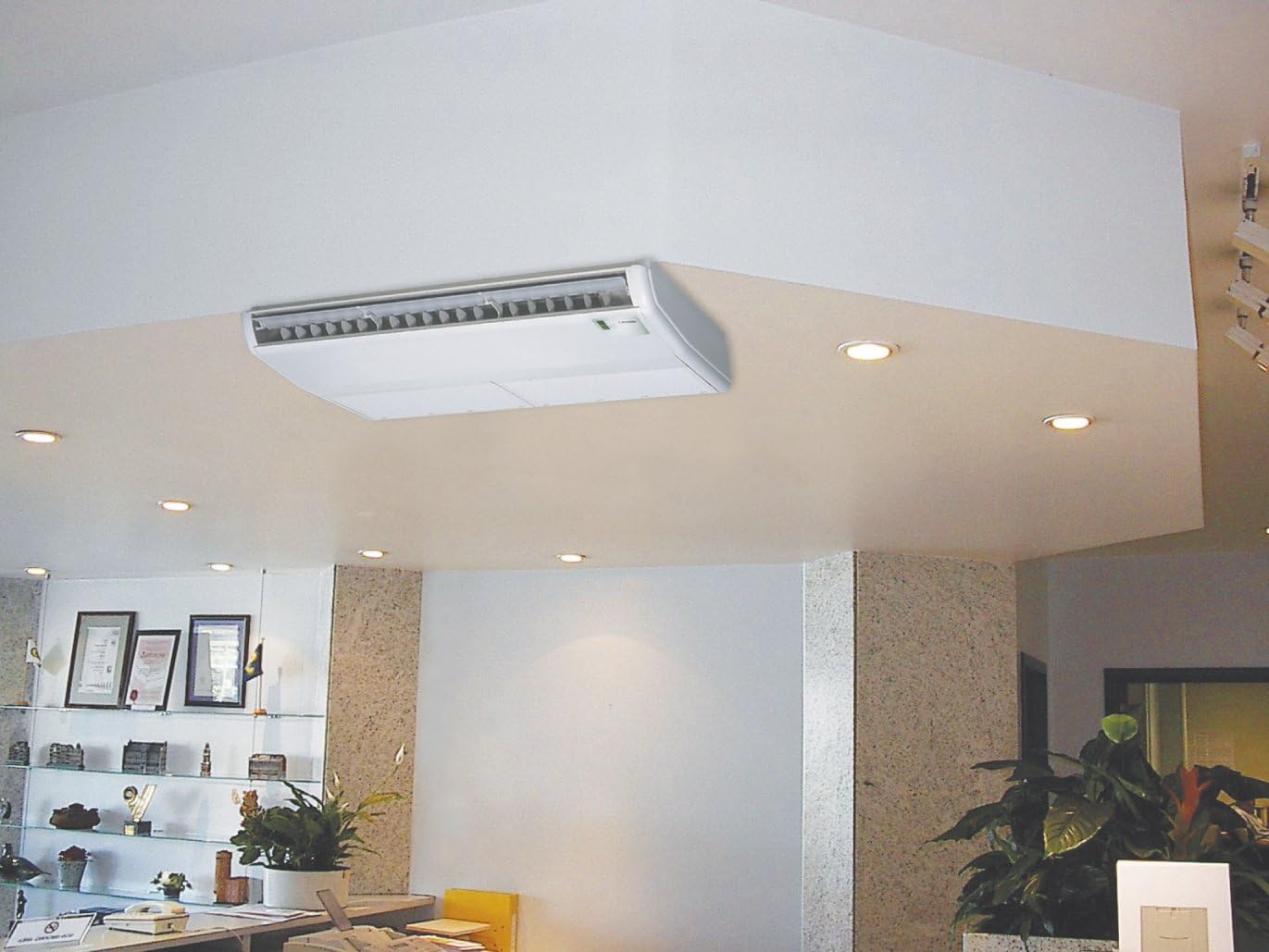
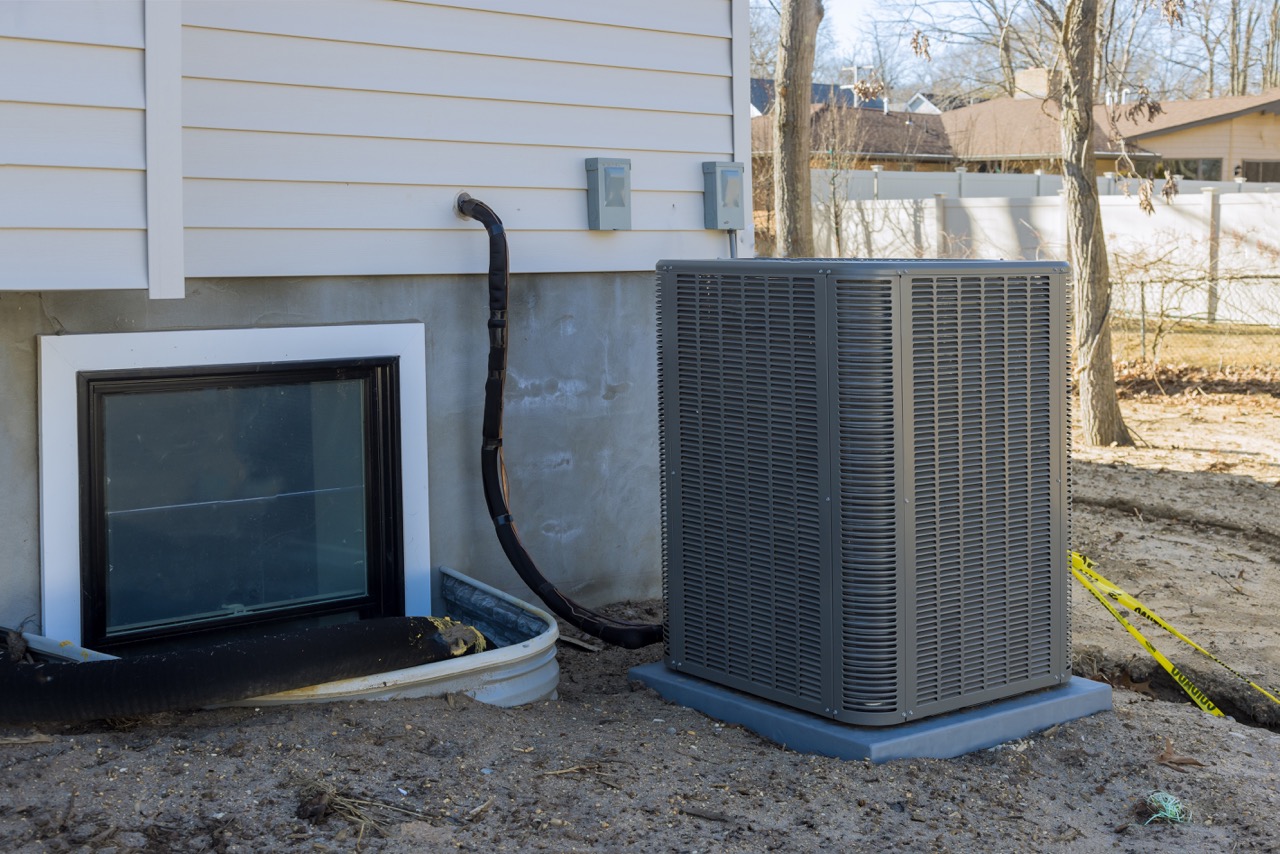
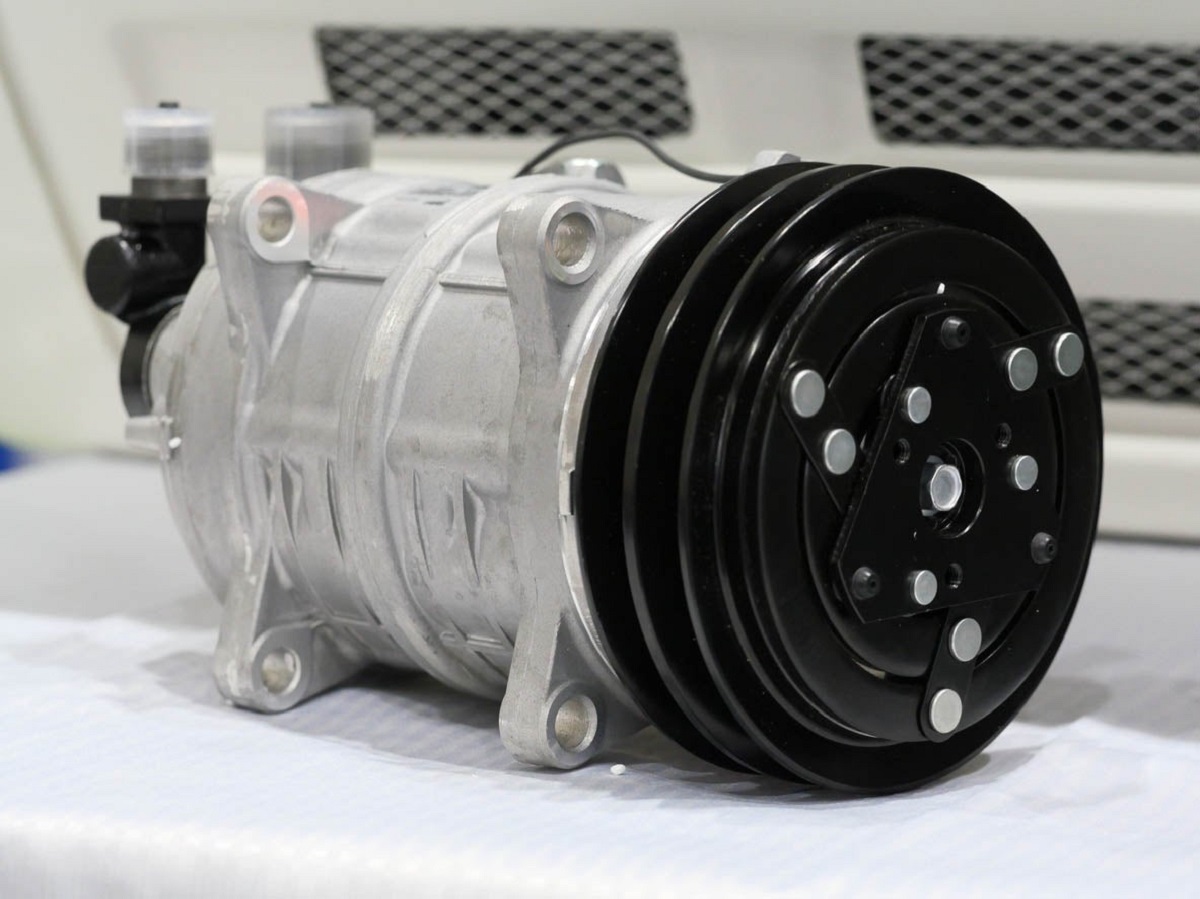
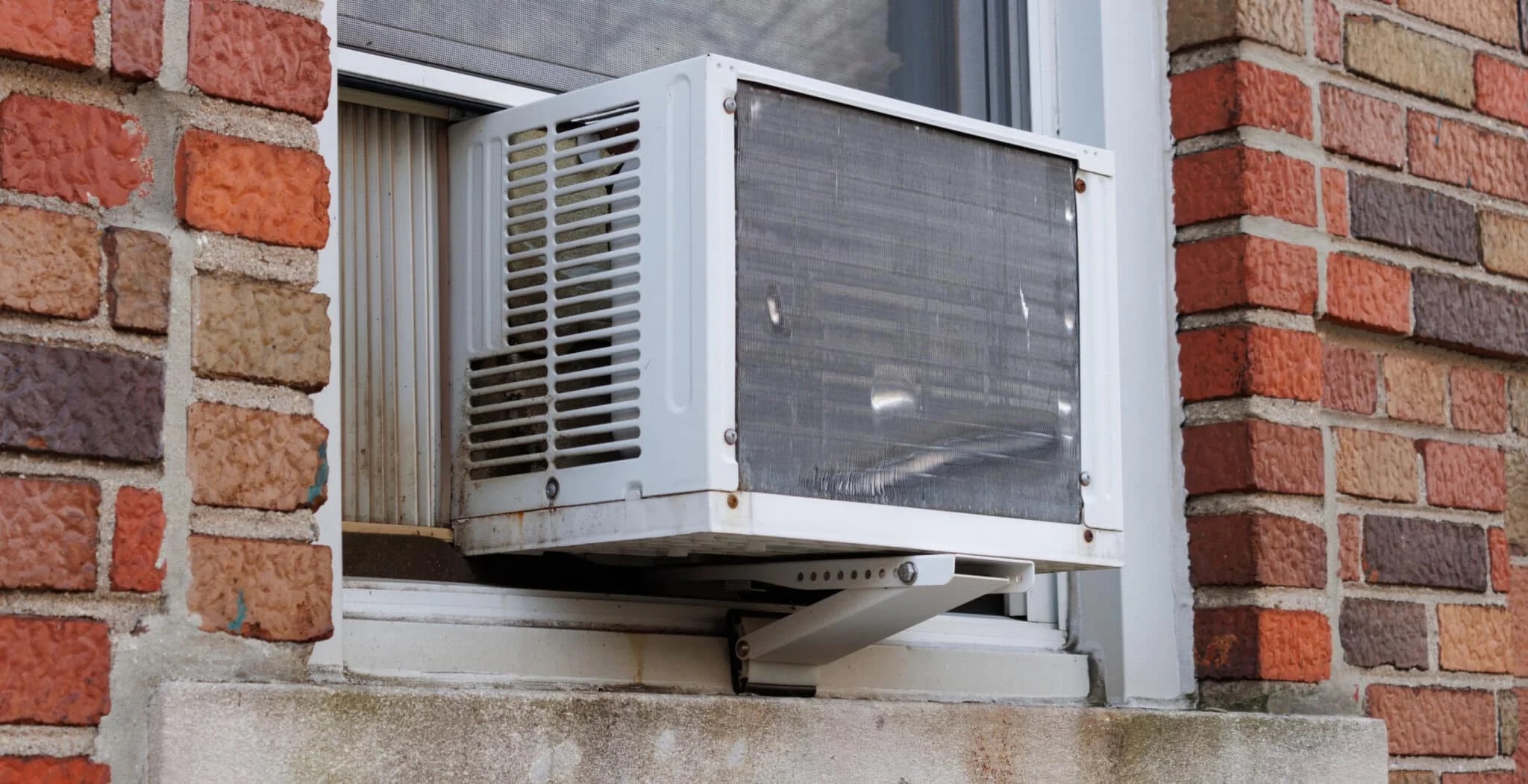
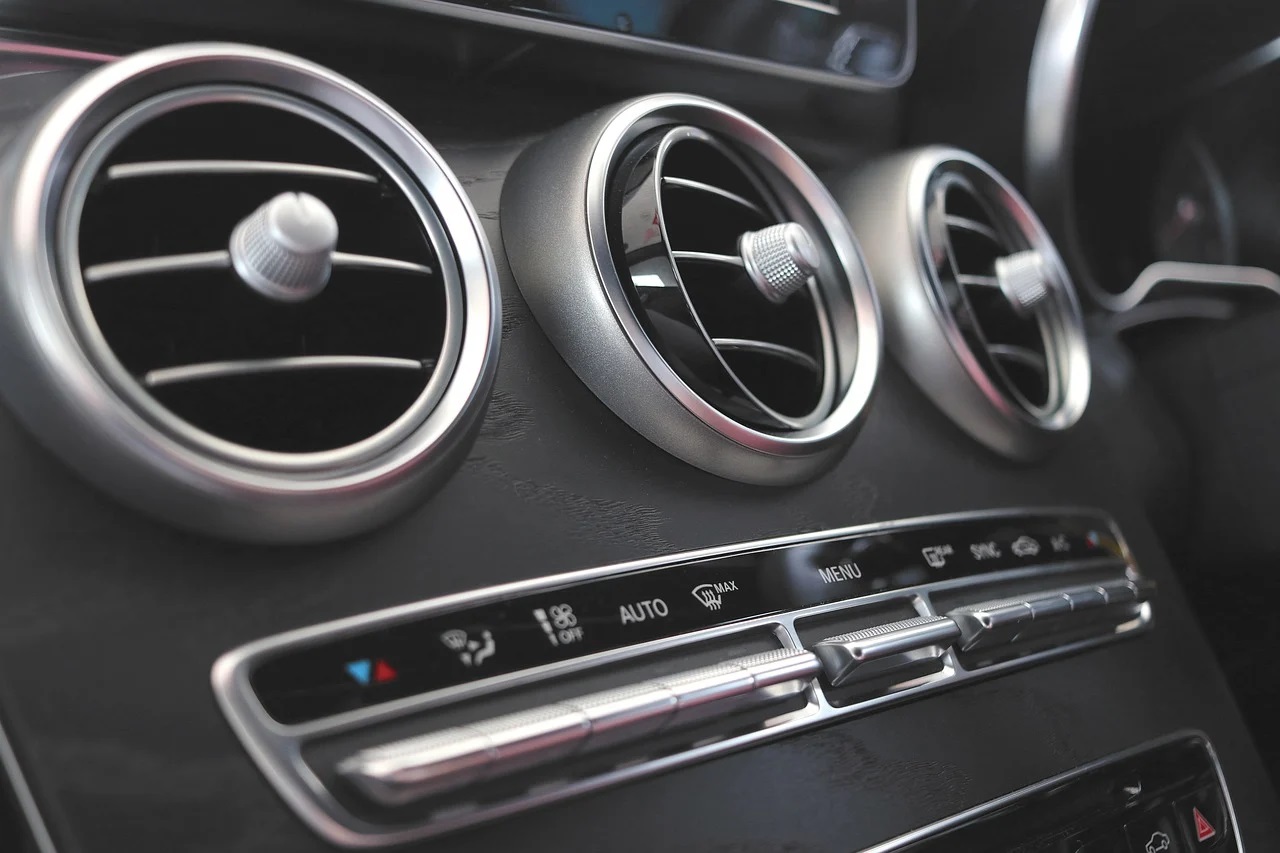
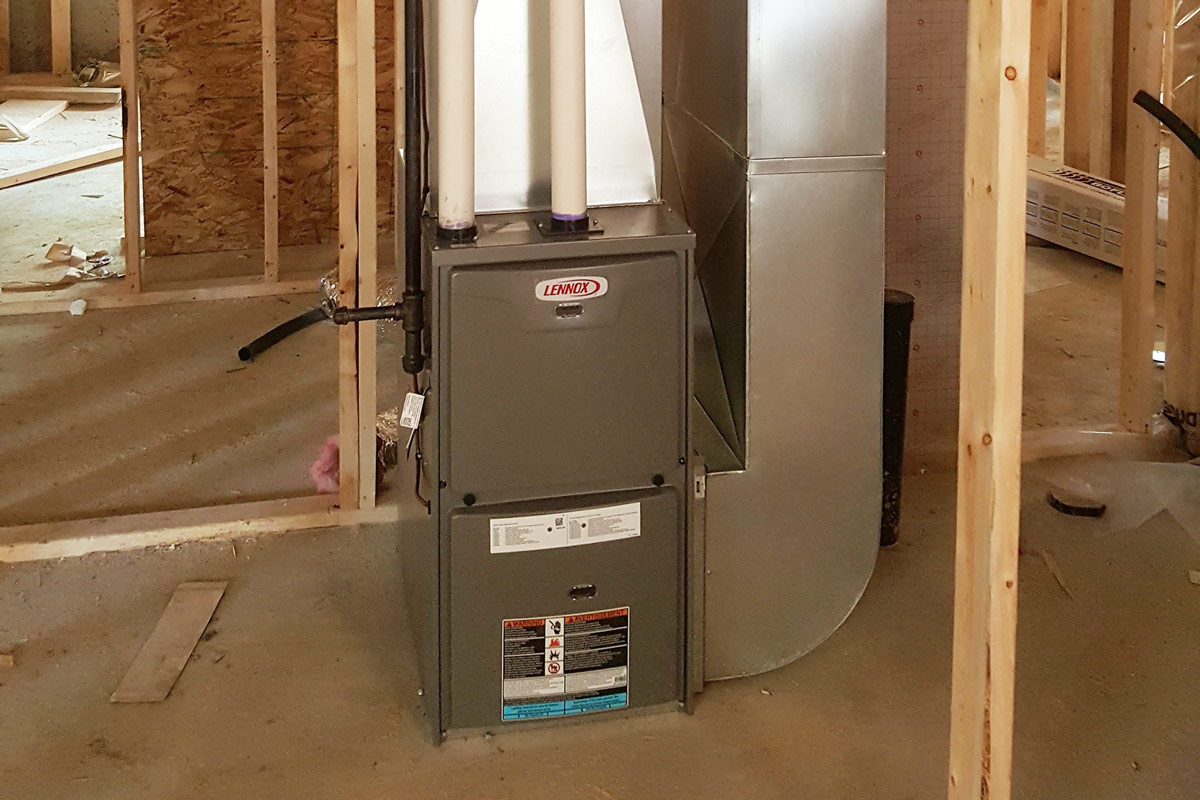
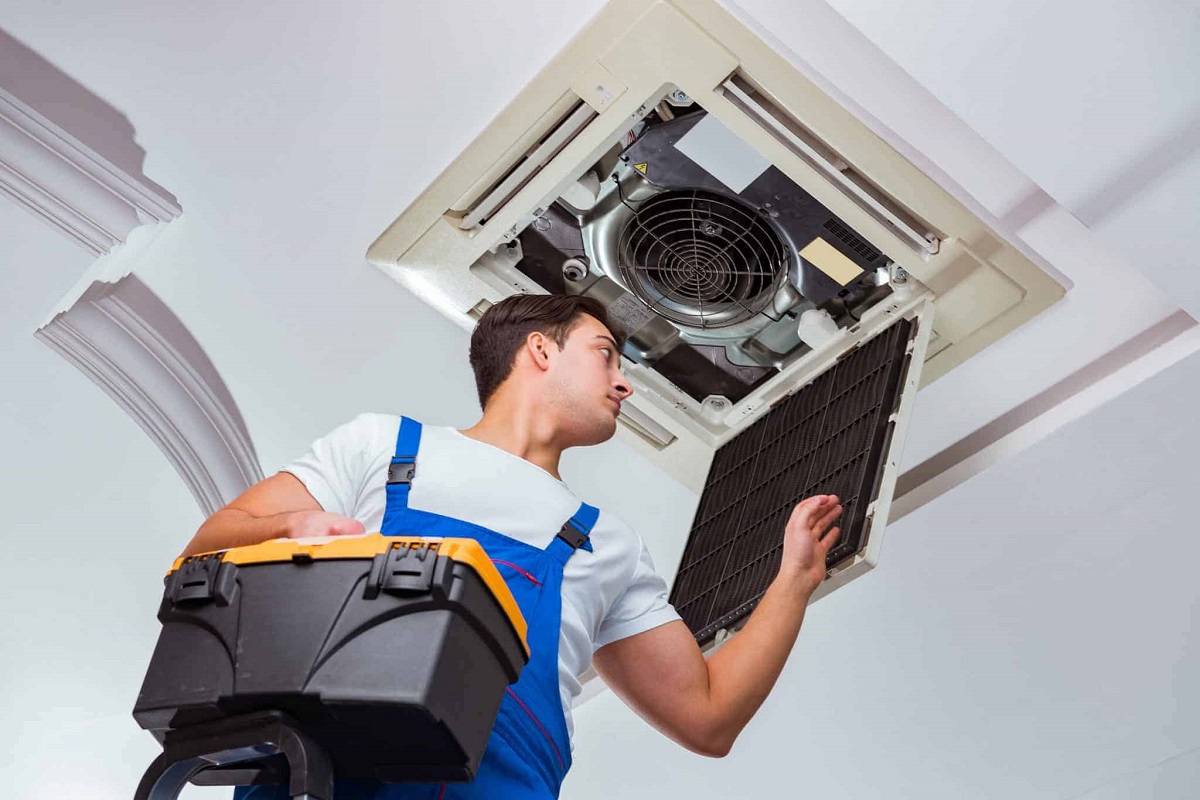
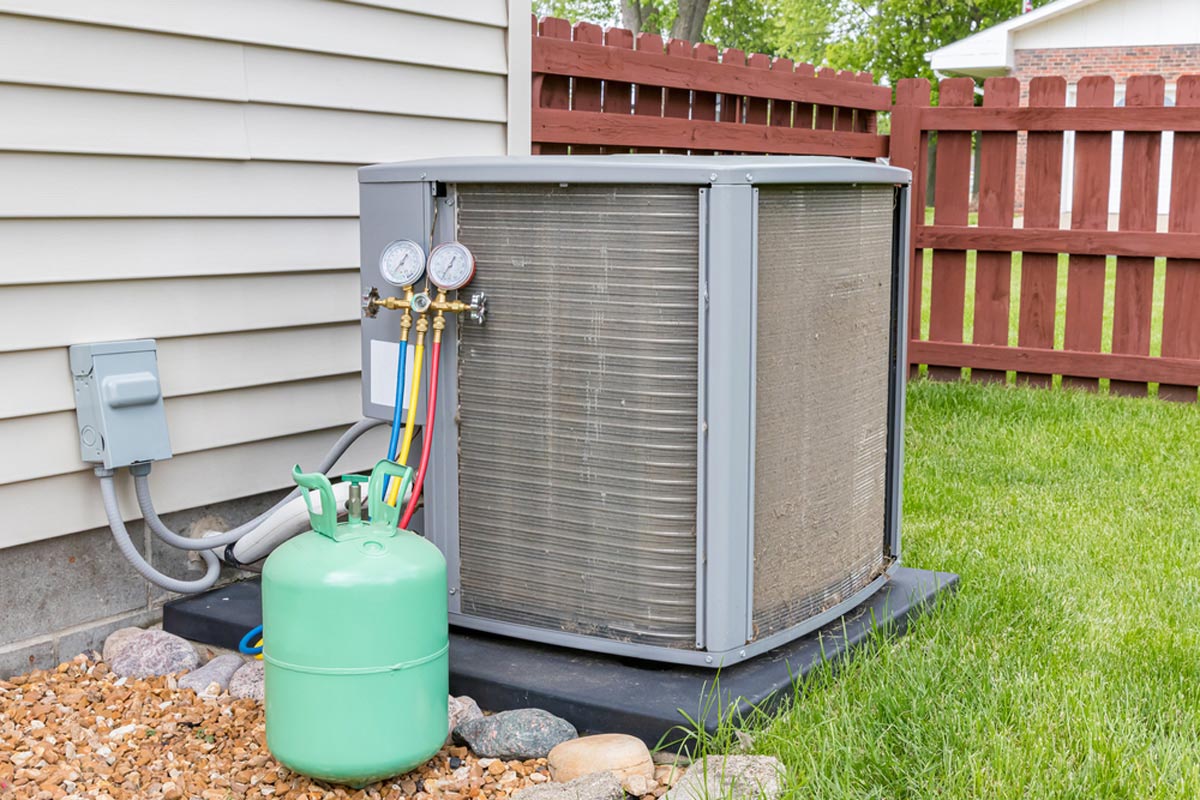
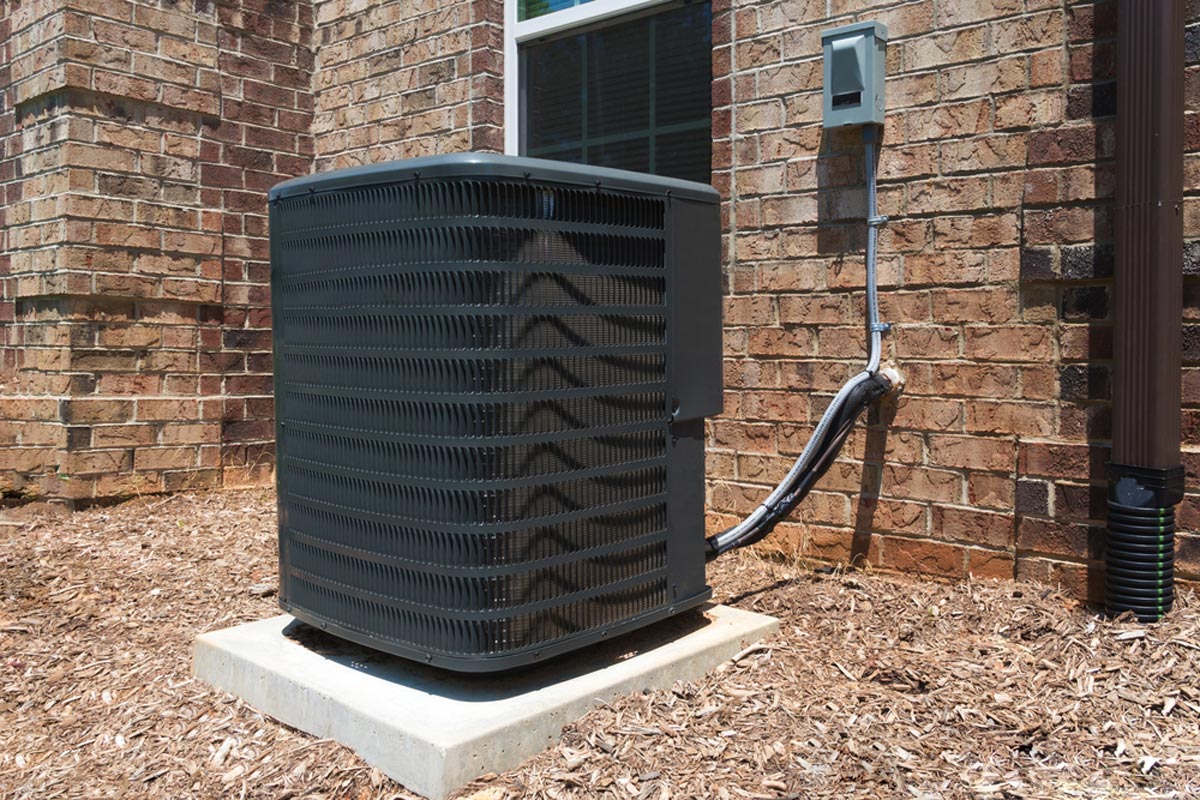
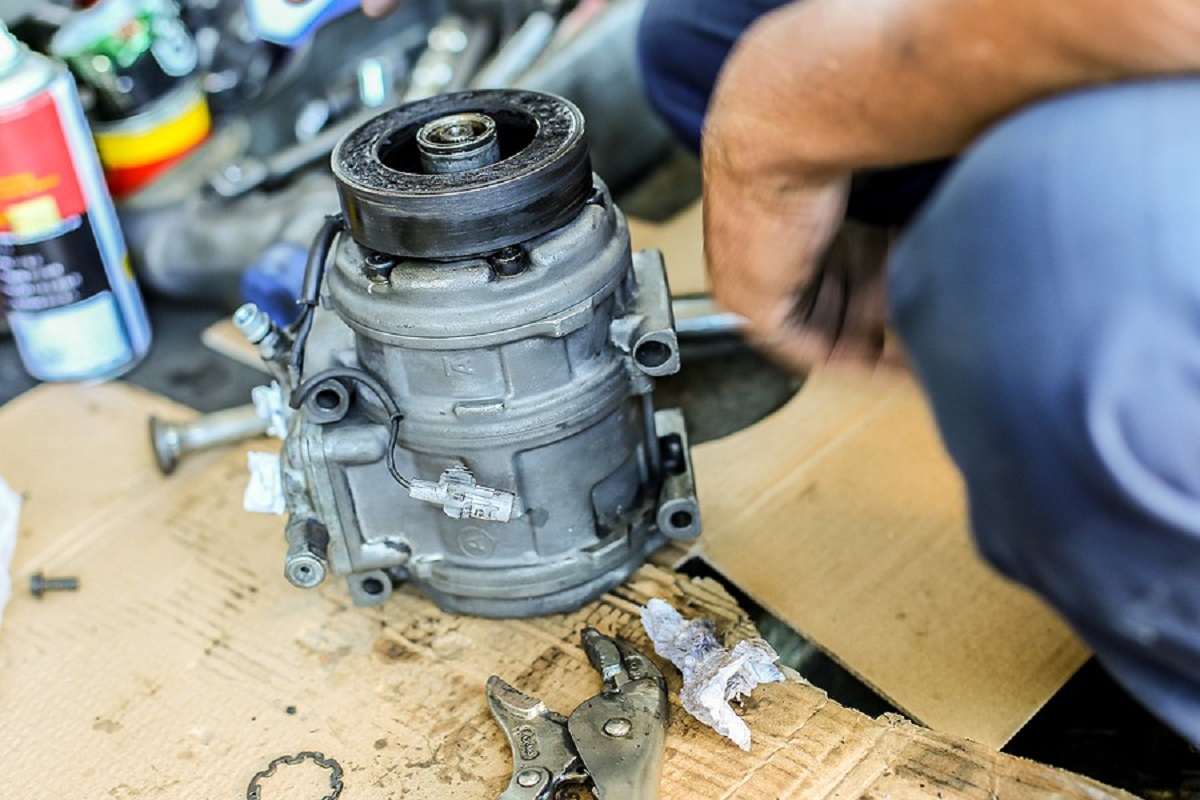

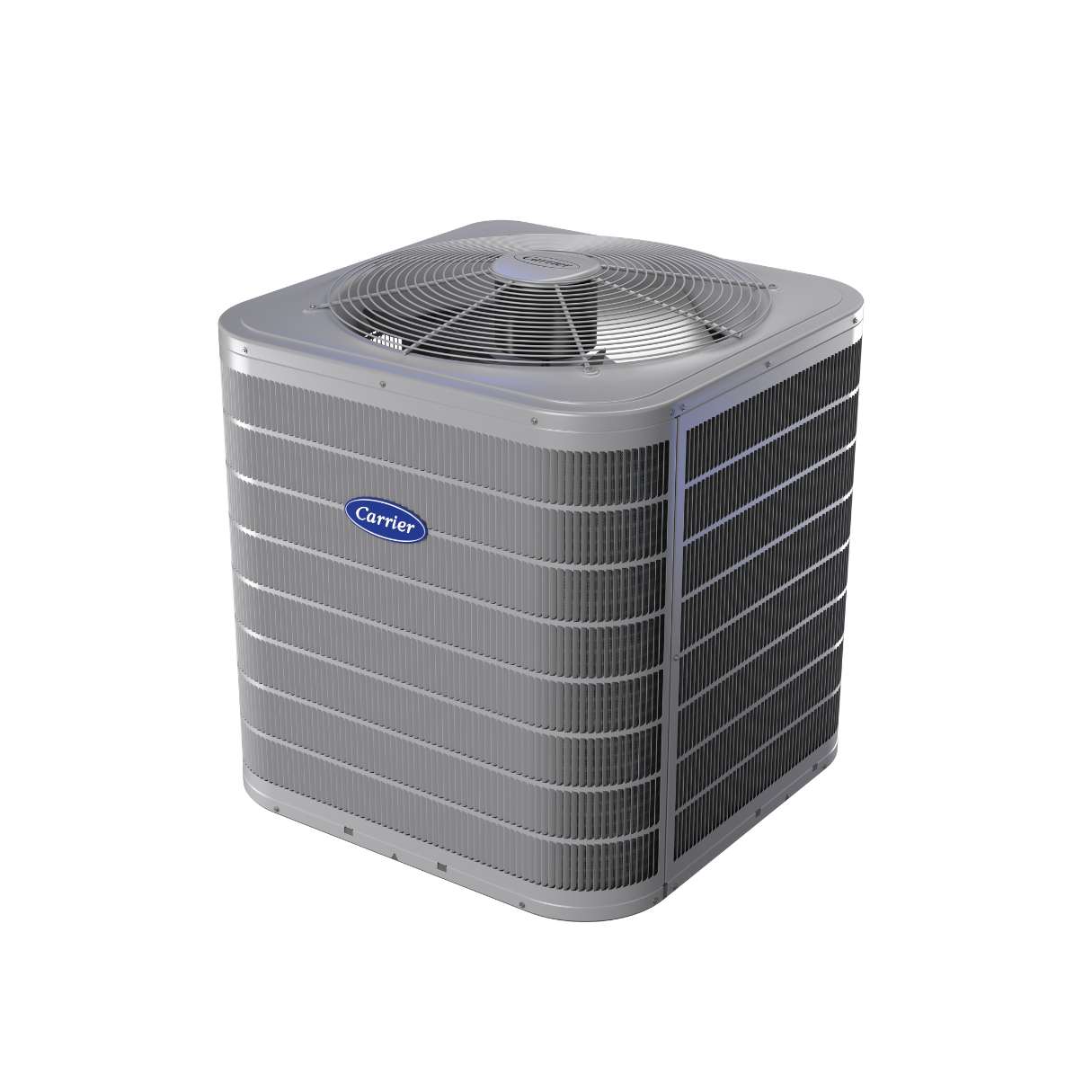
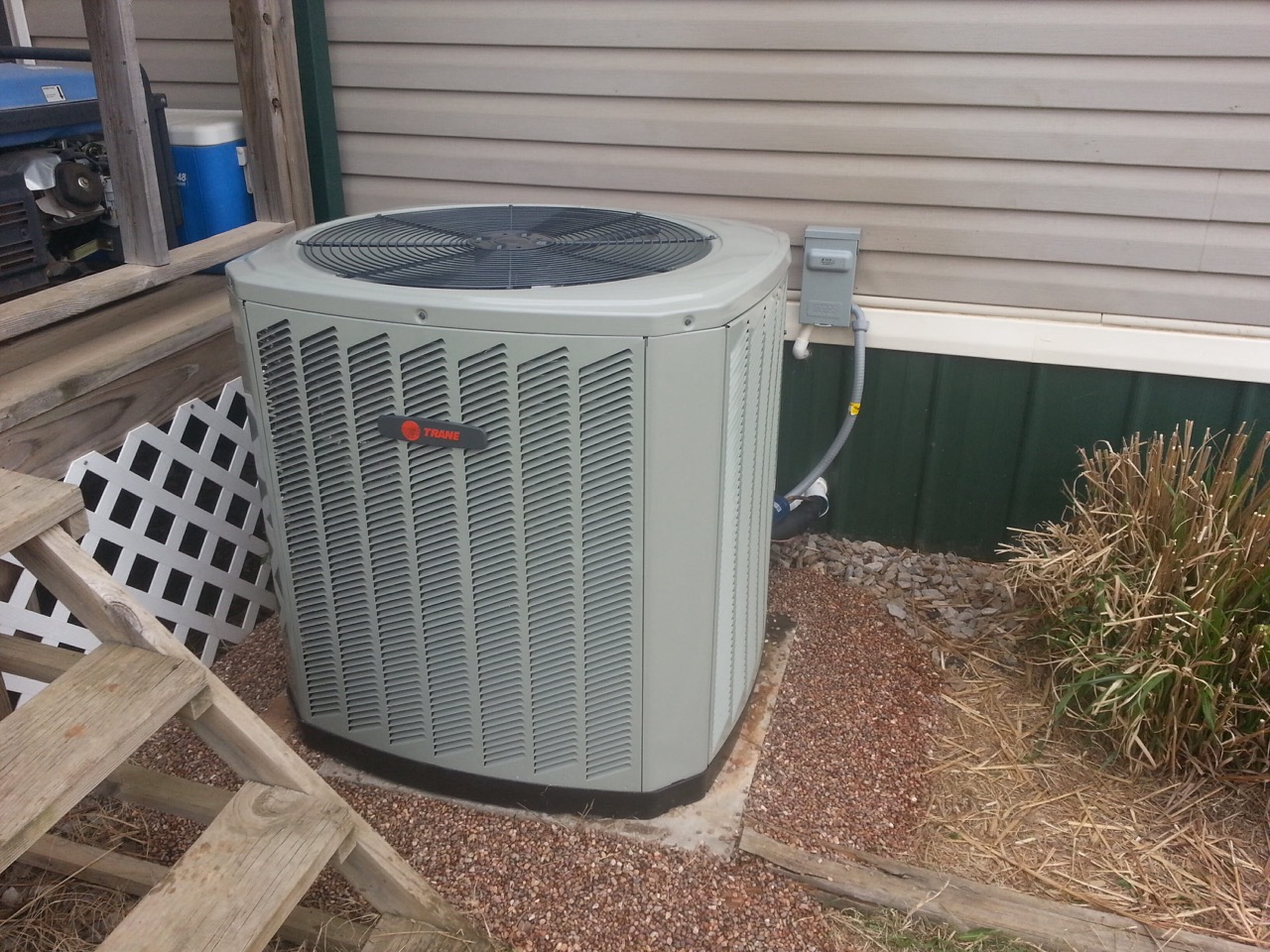
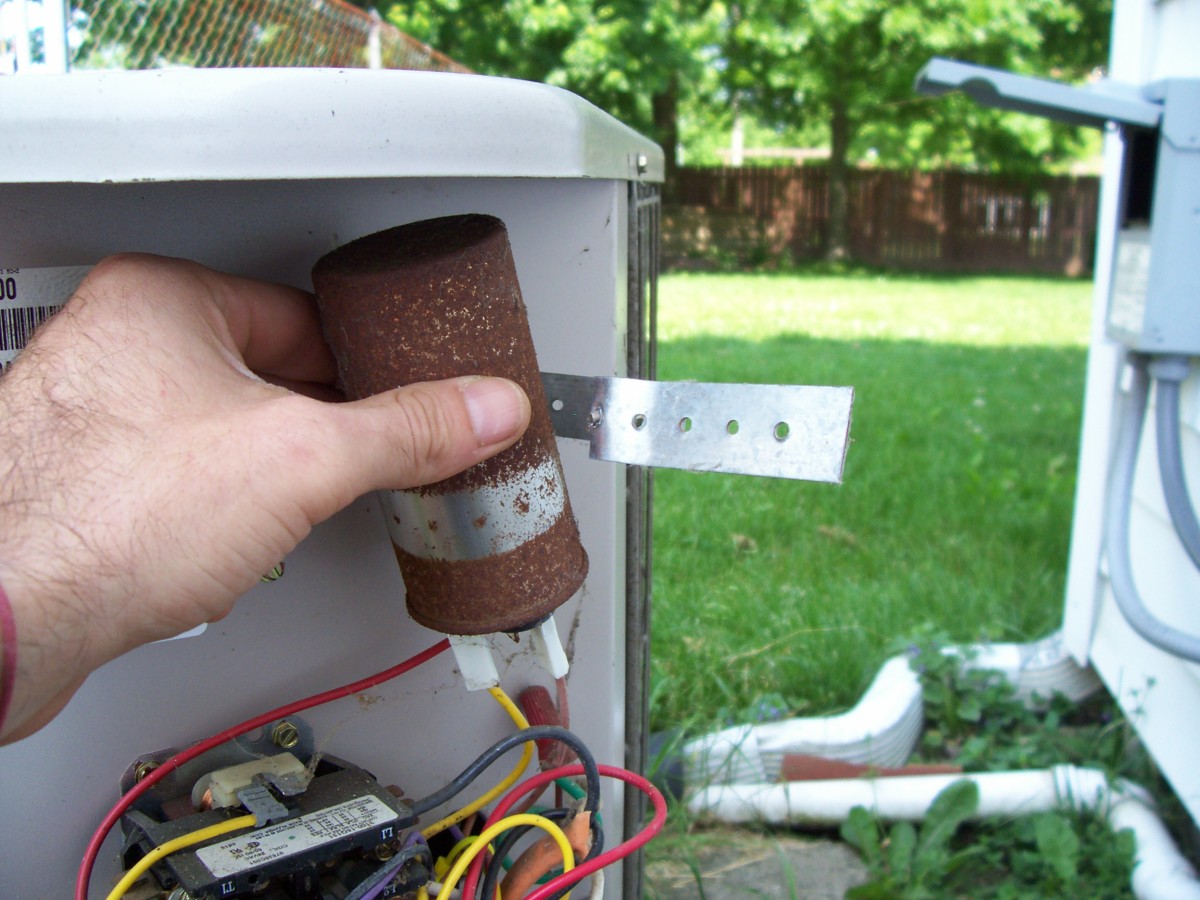

0 thoughts on “How Much Does An AC Condenser Cost”